| Hike Southbound through Britain with
Daryl May Click for Northbound hike |
|
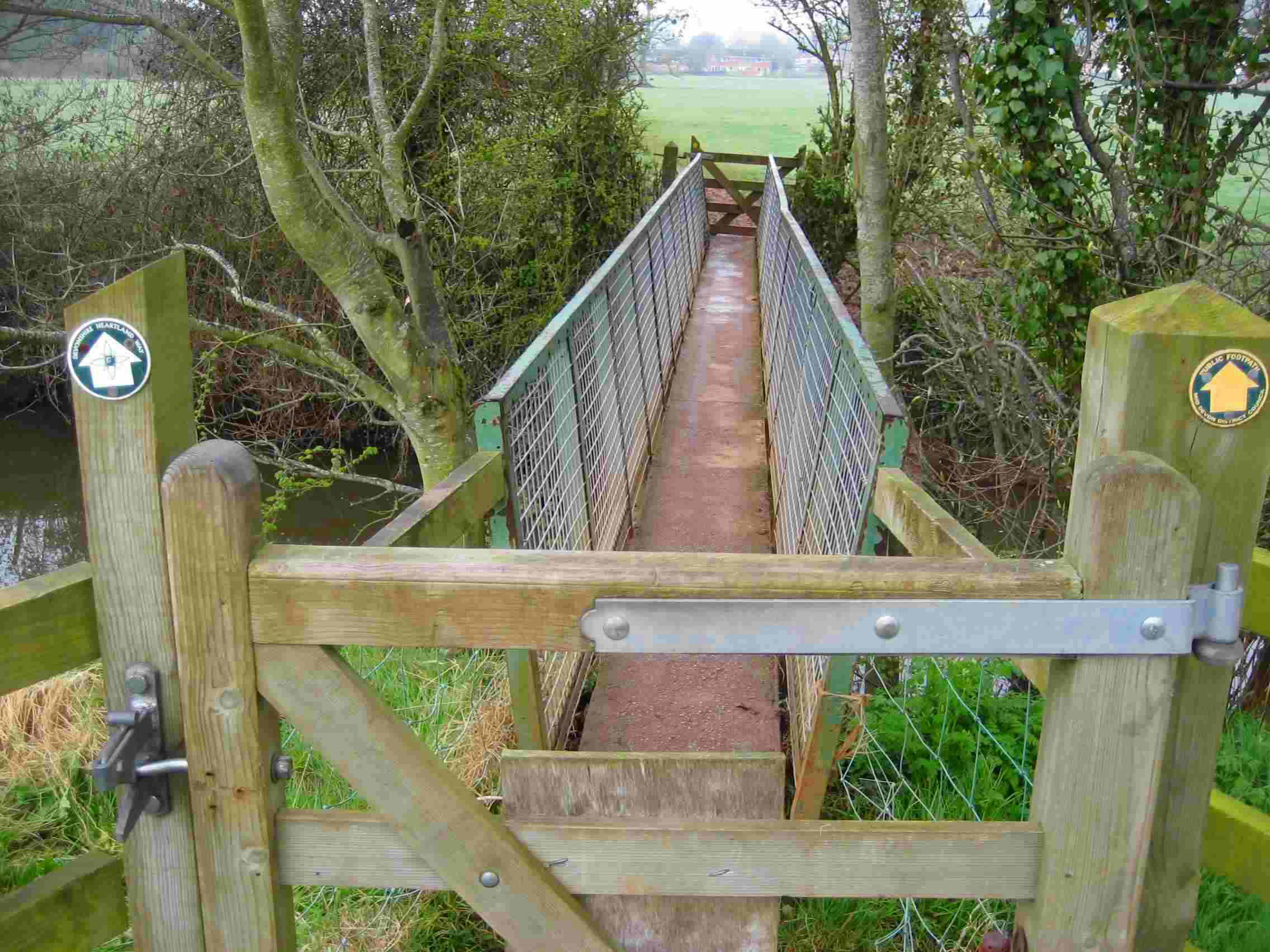 |
|
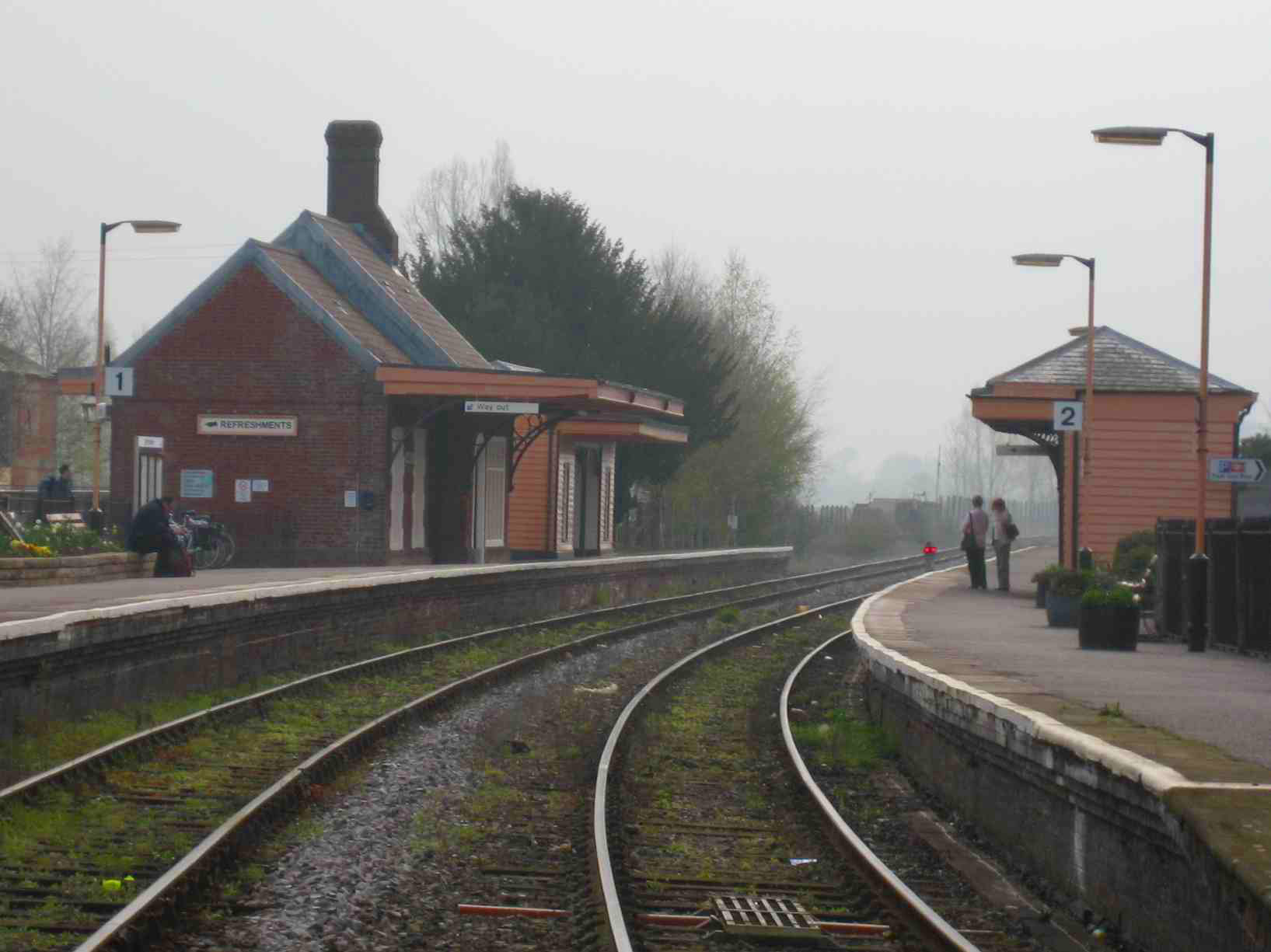 |
|
| Crediton station was designed by Brunel, and dates back to 1851 | |
| Days S53 - S65 English West Country | |
| Southbound Home Start hiking here Scottish Highlands Central Scotland Southern Scotland North of England English Midlands English West Country Northbound Home |
Tuesday,
April
22, 2008
Time of departure: 8.15 am Time of arrival: 4.00 pm Place departed: Shobrooke, Devon Place arrived: Whiddon Down, Devon Miles: 16.5 Cum miles: 856.7 Percent complete: 88.2  Travelodge,
Whiddon Down * Travelodge,
Whiddon Down *Cost (for bed only): £55 ($110) |
| Overview of both hikes Excerpts Statistics What others say Acknowledgments Contact me Copyright Links |
|
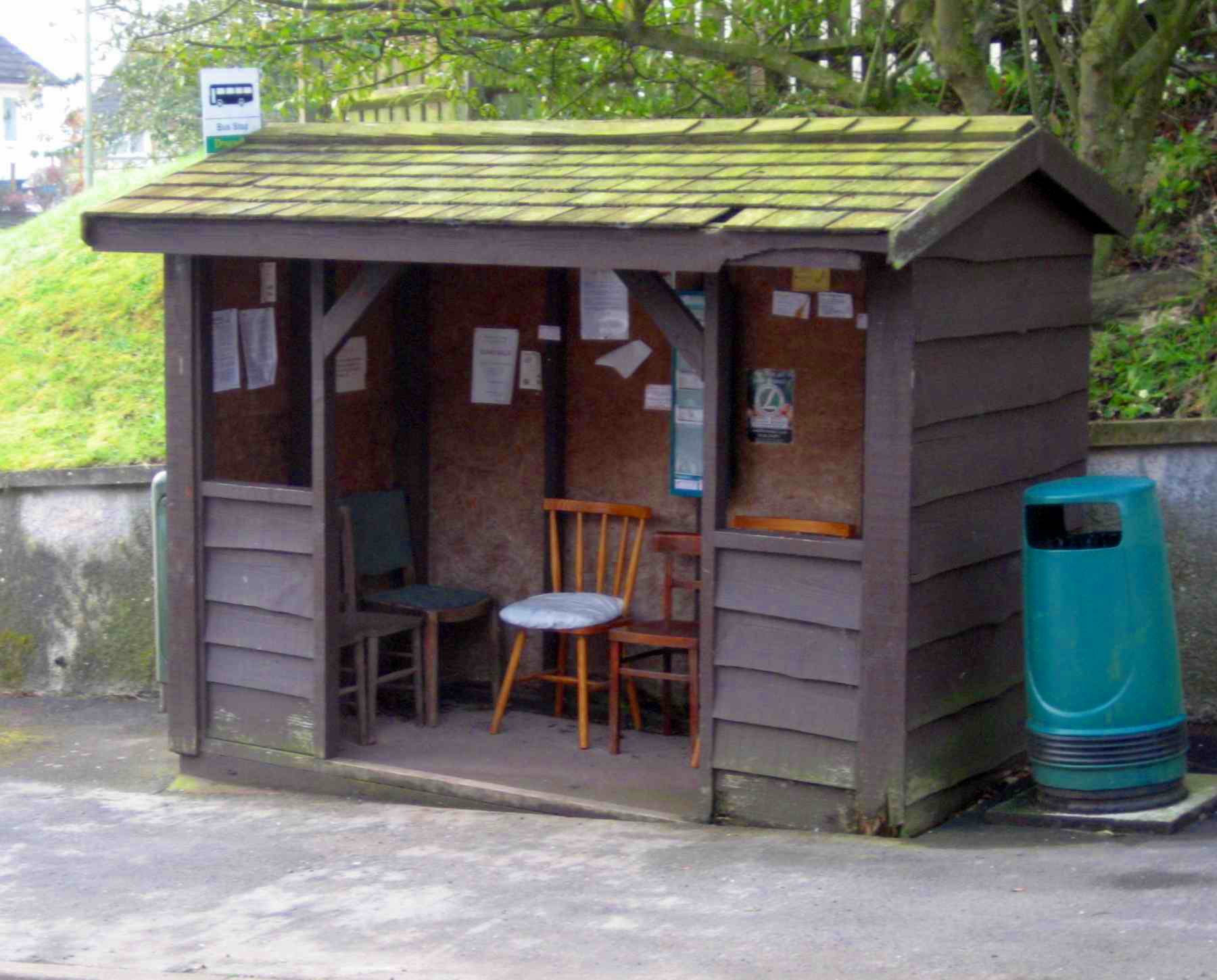 |
|
| Above:
Another shot of Shobrooke bus shelter, seemingly unchanged since my
northbound hike, day N10. Below: The River Yeo at Crediton |
|
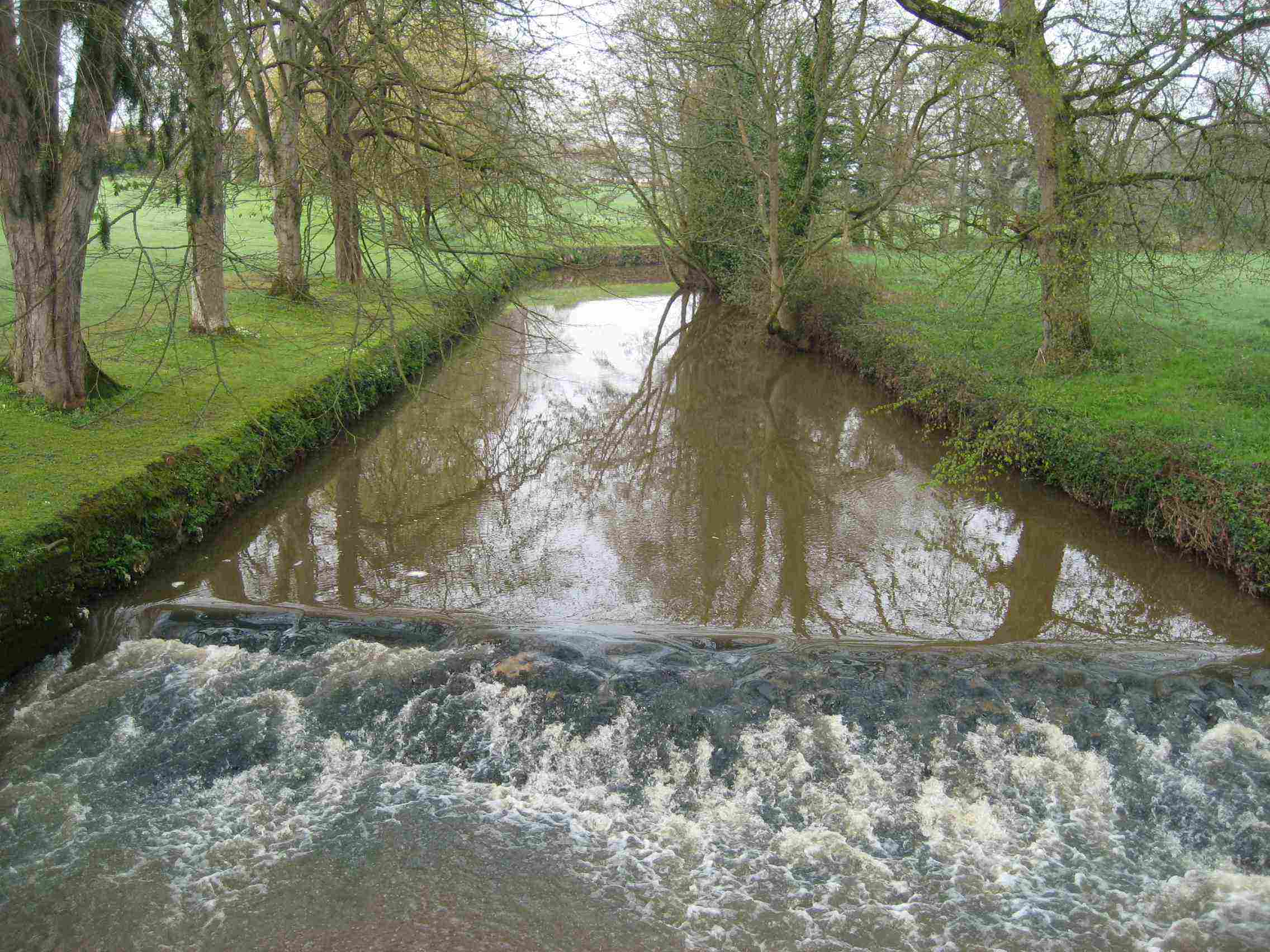 |
|
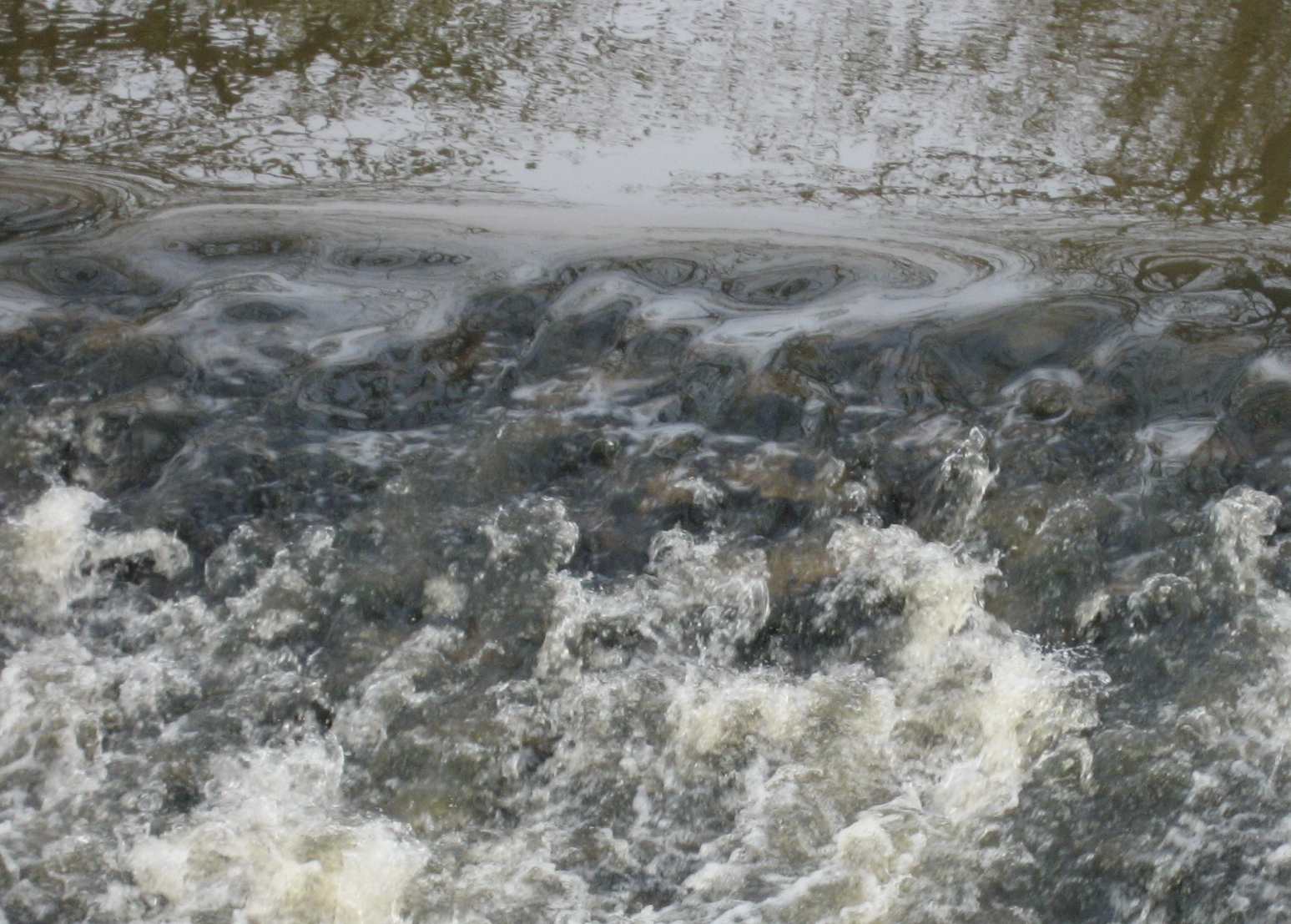 |
|
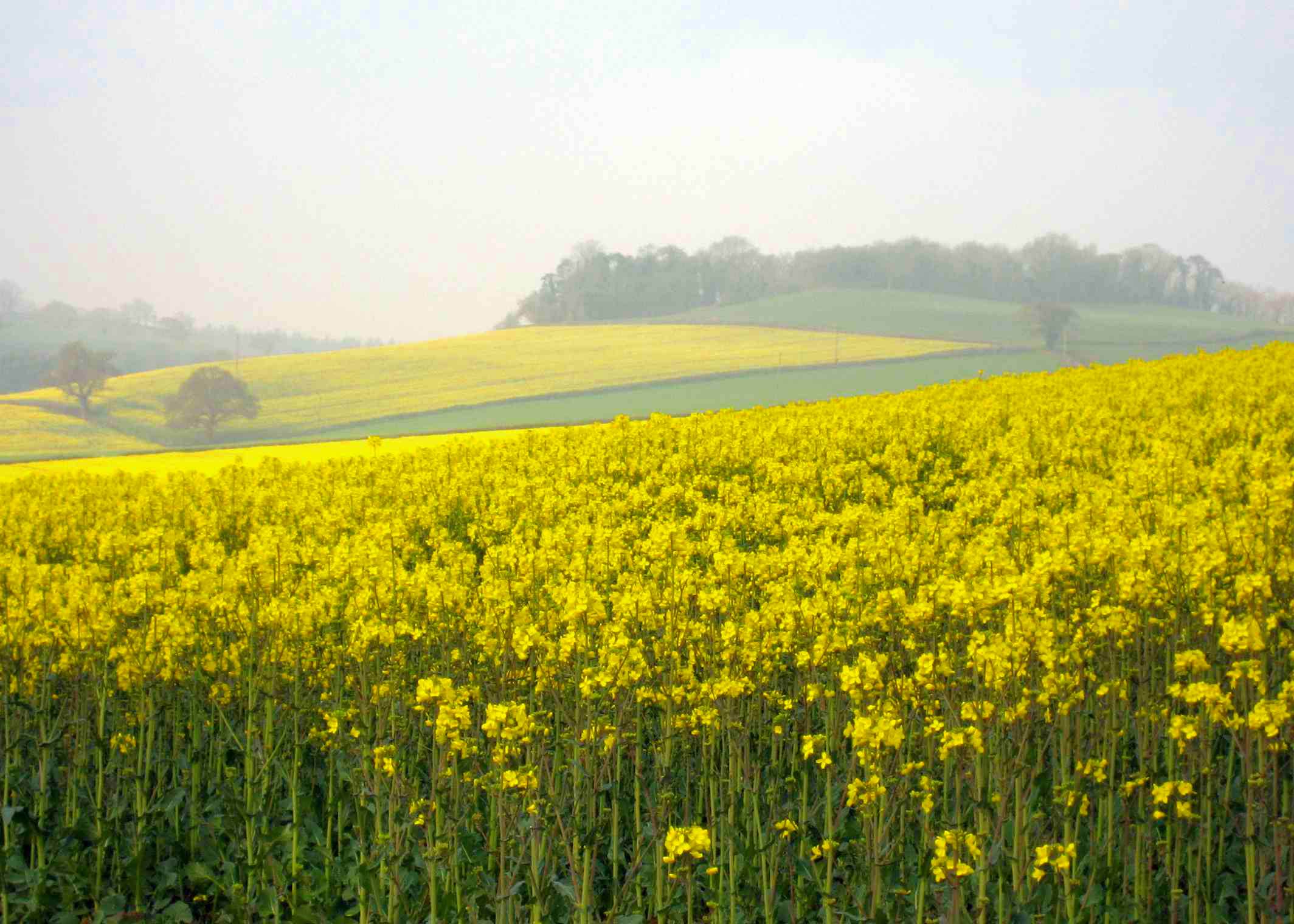 |
|
| . Shobrooke
easily qualified for my Benches
of Britain
series. The bus shelter in the village is cared
for by the retired villagers, and has a set of chairs (let's call them
narrow benches) whereas most other bus shelters have a narrow rail if
they have anything at all. Moreover, some of the chairs have cushions.
According to a villager, this furniture is never stolen. In fact, it
looked unchanged "southbound" from a year earlier "northbound" -
compare the photo on this page with that on day N10.
The bus
shelter
also has a bulletin board (noticeboard), and is clearly a village focal
point for matters of great importance.
Great importance? Well, a Dung Sale has been scheduled to raise money for a good cause. I have had a couple of bosses whom I'd like to volunteer to participate in this event; nothing too cerebral, you'll understand - maybe product packaging under my personal supervision. Avril Collinson was my B&B hostess in Shobrooke, at The Beeches, where I enjoyed a good bath, a good sleep, and a breakfast egg from her own hens. The weather was like summer today, without a pause. I had overdressed, and I peeled away layers as the day progressed. I chose a different route from my northbound one, and looked hard for one that was more level. In this I only partially succeeded. There were lots of up grades on the lanes, and I took lots of rests. The funeral party at Tedburn St. Mary church must have wondered at the orange-trousered hiker catching his breath at the roadside just as they arrived. I had hoped to get to South Zeal, after about 19 miles, but could find no B&Bs there with space when I phoned ahead. So when I reached a Travelodge at Whiddon Down (16.5 miles), I thought I'd stop, thankful at the excuse. My previous Travelodge experience was just fine. At Whiddon Down, I unpacked, washed my clothes and spread them around the room - and sank on to the bed . . . which collapsed. A change of room was required, laundry and all. The new room smelled of smoke, and the kettle didn't work. By the time I'd got all this sorted, I could have walked to South Zeal and beyond. Then I found the mobile phone reception poor, and couldn't book the next B&B as I'd hoped to. I met more dogs today. "Met" means they barked at me. I must say I generally don't mind a dog barking at me (he's just doing what dogs do) as long as that's all he does. But I do mind an owner's attitude towards it. Translated to remove all hypocrisy, an owner typically says something like this: "Sorry,
Fido, old chap, I need to
bother you to pretend that I'd rather you didn't bark at that bag of
trouble walking by - but don't actually stop."
I've discovered that dogs have two modes of barking. There's "elective bark" and there's "reflex bark". Elective barking is what the dog decides to do. Given enough excitement, which other dogs may stimulate as much as the hiker, the dog may then slip into reflex mode. In this mode, his bark occurs without any thought. I know that a dog is in reflex mode when I bark back, and the dog barks without any time delay that's measurable. It's rare for a dog to bark reflexively from a non-barking state. He is almost always in elective mode first. But some dogs can spend only a few milliseconds in elective mode, making it seem as if they barked reflexively from the outset. (Such a dog is best-described by psychological terms like "unstable" and "neurotic".) Thus far, this is not useful information. Which means it should be taught at university, discussed in city councils, and feature in BBC animal programs. But it becomes useful information when you are hiking and there is no fence or gate between you and the dog. A dog barking reflexively may bite reflexively. Now, this is useful information. This isn't to say that a non-barking dog is your friend. He may just be weighing you up with feigned indifference. In Stockland Bristol, John and Alison's cat, Oscar, got quite interested in my boots, but feigned indifference, merely twitching his left ear. So, returning to dogs, bear in mind that a hiker is a cornucopia of scents. Walking end-to-end on two different routes, my gear and attire smells of Highland hogs, Dumfries dogs, Galloway goats, Cumbrian cows, Shropshire sheep, Cornish cats, and so on; I think you get the idea. To smell such an end-to-ender in person while on the trail is nirvana to any self-respecting dog - to be dreamed of at night, and boasted about during the day - something to raise even a tiny dog's pecking position in canine society. This
is why a hiker's scent may
trigger a thinking dog to desist from barking either electively or
reflexively. Why
chase away such a heavenly smell?
But you still have to be careful. If a dog approaches you wagging his tail and sniffing eagerly, you need to make sure there isn't so much as a blade of grass, a twig, or a leaf on your presence - and that your boots and trousers are free of dung. If you don't take that precaution, you can rest assured that the dog will pee on you. That spells happiness for the dog, but is the ultimate humiliation for a hiker. |
|
| Day S57 © 2007 and 2008 Daryl May Day S59 | |